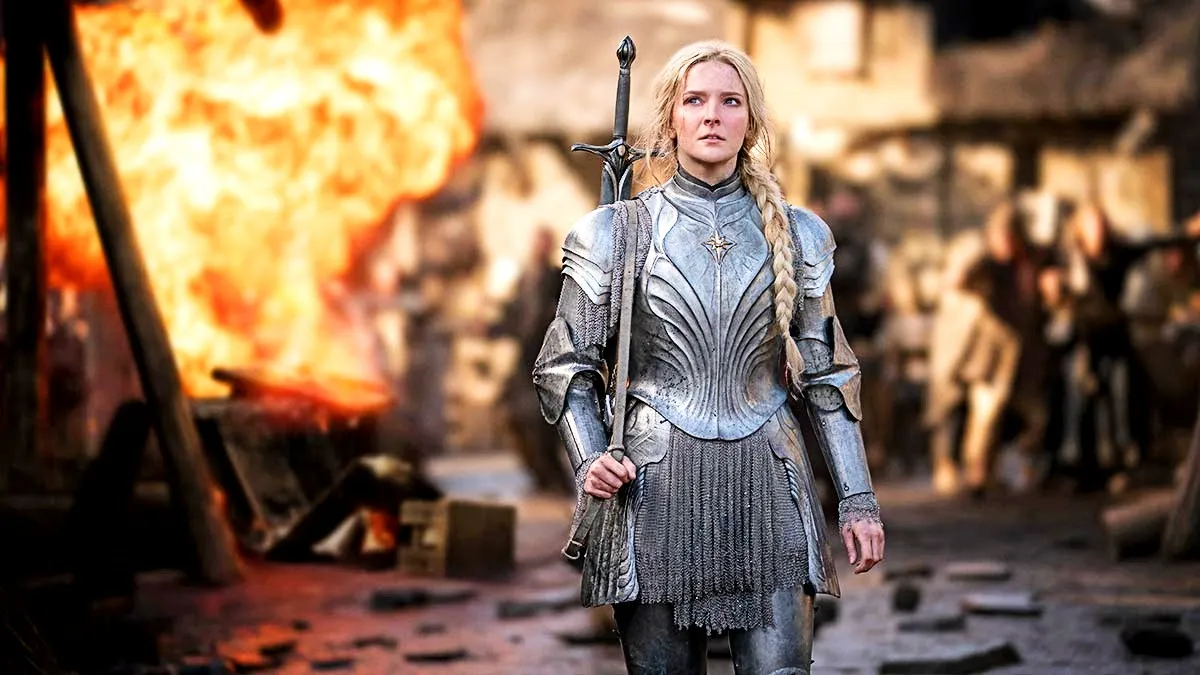Young Sheldon‘s two-part series finale premiered on May 17. While it didn’t answer every lingering question, it did finally explain its discrepancies from The Big Bang Theory.
Spoilers for the Young Sheldon season 7 finale ahead!
Young Sheldon is a prequel to The Big Bang Theory that follows Sheldon Cooper’s (Iain Armitage) childhood growing up in East Texas. In the original series, Sheldon (Jim Parsons) occasionally brings up anecdotes of his childhood with most of his family members—including Missy, Georgie, Meemaw, and Mary—making guest appearances. In addition to expanding on those stories over the course of seven seasons, Young Sheldon added several original characters and numerous details that the adult Sheldon never mentions. Not only that, but viewers quickly noticed that the prequel didn’t always match even the sparse details that adult Sheldon gave.
One of the primary discrepancies was in Young Sheldon‘s depiction of Sheldon’s father, George (Lance Barber). In The Big Bang Theory, Sheldon painted quite a nasty picture of his father, whom he described as a misogynistic, alcoholic redneck who cheated on his wife and slacked on his parenting. However, in the prequel series, George is actually quite a likable guy. He certainly has flaws, but the mild-mannered, laidback family man who tries to be a good husband and father hardly resembles the man described in The Big Bang Theory. The discrepancies have long bothered fans of both series, but Young Sheldon‘s finale finally seeks to explain them.
Young Sheldon‘s memoir plot twist
Leading up to the Young Sheldon series finale, viewers were delighted to learn that Jim Parsons and Mayim Bialik would be reprising their roles as Sheldon and Amy. The news also led to curiosity about how the show would work in their cameos.
The pair appear at the end of Young Sheldon‘s final episode, “Memoir.” For a brief moment, the show skips to the present day, where Sheldon walks in on Amy reading about his childhood baptism from his memoir. It turns out Young Sheldon is adult Sheldon’s personal memoir. So, whenever viewers heard his narration in the episodes, it was actually excerpts from his book. Sheldon and Amy have a reflective moment in which Sheldon admits he realizes now that his mother did everything she could for him, even if she didn’t understand him. After a brief pause, and while glancing at a photo on his desk of him and George, Sheldon says, “My dad did, too.”
“That must have been great, having parents who supported you despite all your differences,” Amy says. Once again, Sheldon agrees, reflecting that it was “the ultimate gift.” It becomes clear that Young Sheldon didn’t change The Big Bang Theory‘s story. The only thing that actually changed was Sheldon’s perspective. Through the writing of his memoir, he has come to see his mother and father in a new light and is far more understanding and appreciative of everything they did for him. Viewers can see how he has changed, as his typically cocky and self-centered attitude disappears momentarily, and he speaks tenderly and respectfully of his parents.
One thing that might have changed Sheldon’s perspective is that he is now a father with children he doesn’t quite understand. It seems that one of his children is into sports, and he has a daughter who wants to take acting classes, much to his chagrin. Ultimately, the memoir largely explains any discrepancies as Sheldon simply views his childhood from a new perspective.
However, this revelation also complicates things a little bit more. Essentially, it confirms that Young Sheldon isn’t Sheldon’s actual childhood playing out—it’s Sheldon’s childhood, specifically through Sheldon’s lens. So, one must ask if Sheldon is actually a reliable narrator or if there are some things that he might’ve skewed, changed, or excluded to better serve his memoir (or his infamous ego)? Although we have an explanation for these discrepancies, it’s also left us with a lingering question about how much of Young Sheldon is factual.









Published: May 17, 2024 01:47 pm